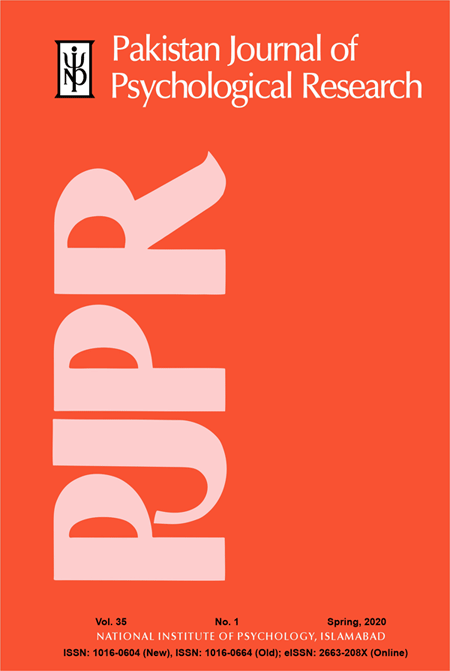Conflict of Interest/Competing Interest
American Psychological Association defines the conflict of interest as "A conflict of interests occurs when a researcher has to contend with two or more competing concerns, such as honestly reporting research results versus making a profit, achieving publication or retaining outside funding. A conflict of commitments occurs when a researcher engages in competing obligations, such as collaboration on another project, preparing a new grant application, teaching or peer review". Perceptions of conflict of interest are as important as actual conflicts of interest." According to Committee on Publication Ethics (COPE) , "Conflicts of interest arise when authors, reviewers, or editors have interests that are not fully apparent and that may influence their judgments on what is published and when revealed later, can make a reasonable reader feel misled or deceived."
The most common conflict of interest cases involves financial or business relationships, which undermines the journals or author's credibility. Therefore, to preserve research integrity, we encourage authors, editors, and peer reviewers to mandatory disclose any conflict of interest, inclusive of personal relationships, allegiances or hostilities to particular groups, organization of interest, financial aid, personal gains, academic competition, or ideological beliefs that might affect their work or review impartially.
The Pakistan Journal of Psychological Research has a strict 'Declaration of Conflicting Interests Policy.' A formal declaration of conflicting interests enabling a statement to be carried within the paginated published article is mandatory for everyone involved in the peer-review or publishing process to identify the potential conflict of interest and declare all inappropriate interests to ensure transparency.
The articles will be evaluated fairly and will not necessarily be rejected when any competing interests are declared.
For Authors
Authors must disclose all financial & personal interests that might influence their submitted content evaluation and publication. In the case of no conflict of interest, the author should mention, "The author(s) declare that they have no competing interests." But in case of conflict of interests, the author (s) must:
- Acknowledge all types of financial support in the contributions
- Acknowledge any commercial or financial involvements that might present an appearance of a conflict of interest related to the contributions and disclosed and discussed with the Editor as to where disclosure of this information should be made in the journal.
- Mention that they have not signed any agreement with any sponsor of the research reported in the Contribution that prevents them from publishing both positive & negative results or forbids them from publishing this research without the sponsor's prior approval.
For Reviewer
Reviewers are bound to declare their conflict of interest upon receiving a review invitation. In case of possible conflict that might bias judgment of the manuscript, the reviewer should decline the invitation and provide a summary of the conflict to the editor. Most popular conflicts of interest with a reviewer's perspective include:
- History of disagreement with the author(s)
- Working on the same research project
- Being a co-author in recent publications
- A part of the pre-review process before the submission of a manuscript
A reviewer may request guidance from our editorial staff in case of being unsure of the potential biasness. Also, reviewers are not allowed to use the concept, methodology, or segment of the under-review manuscript before publication.
For Editors
Like authors and reviewers, the conflict of interest policy applies to the editors too. In case of any relationship/conflict that might bring biasness, the editor is recommended to refuse the handling of such manuscripts immediately.


